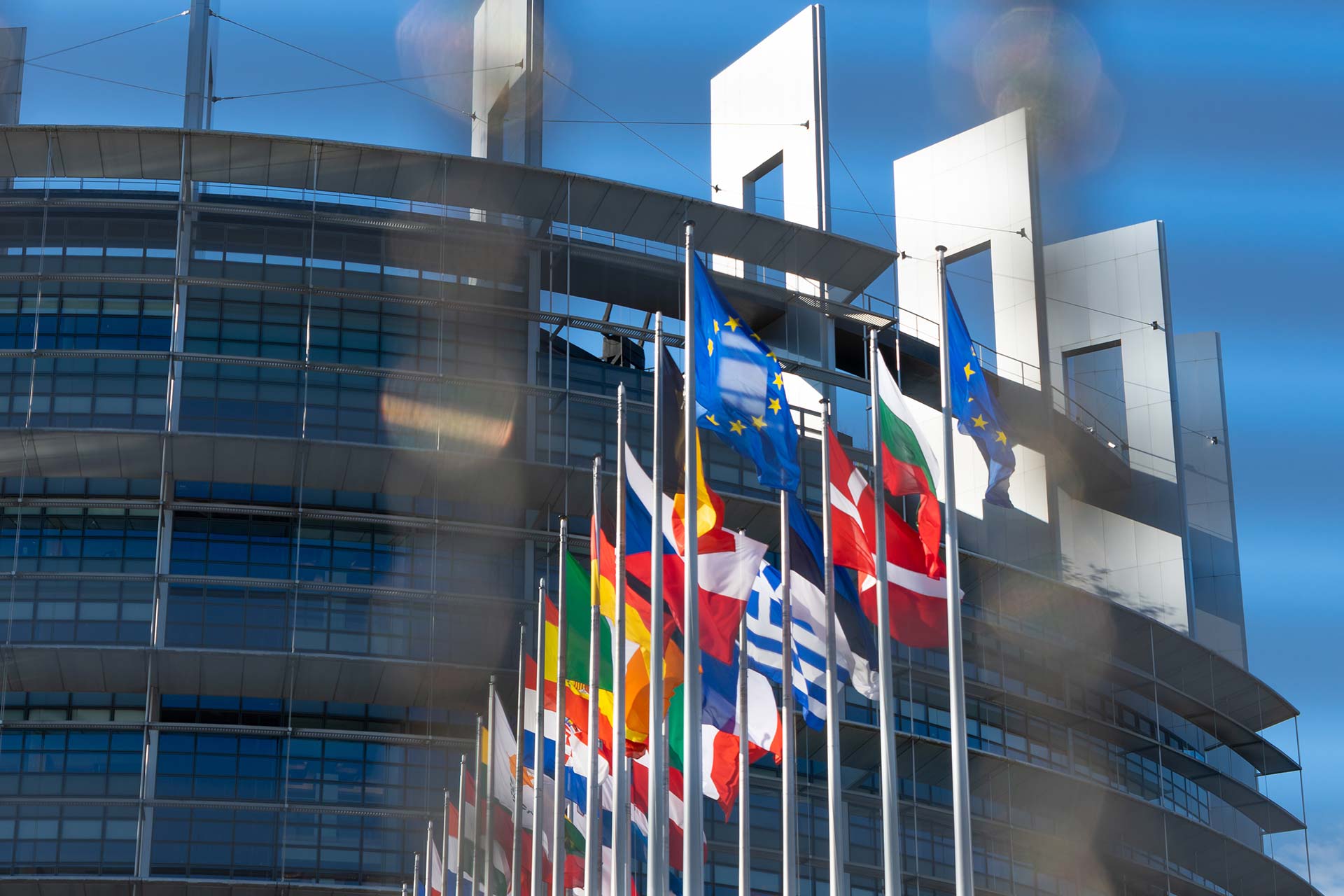European social dialogue creates added value for companies and employees

©AdobeStock Grecaud Paul
The European Social Dialogue is an instrument for employers to actively shape European social policy in the interests of companies and employees.
The European Social Dialogue is an instrument for employers to actively shape European social policy in the interests of companies and employees. It has proved to be a practical and targeted instrument and can make a significant contribution to integration in the EU. This applies both to the social dimension of the European internal market and to economic and monetary union. For, in the spirit of good social partnership, the European social dialogue leads to concrete results which bring added value for companies and employees at company level and point to solutions instead of subjecting them to additional restrictive regulation.
Employers call for social partners to be adequately involved in the economic governance procedures of the European Semester, both at national and European level. This applies in particular to the recovery fund agreed in the wake of the Covid 19 pandemic and the related preparation and implementation of national resilience and recovery plans. Close involvement and coordination of policy measures with national and European social partners is essential for their successful implementation, especially in overcoming crises. It not only ensures the targeted and practical design of reforms and aid measures, but also strengthens their social acceptance.
Preserving the spirit of the EU Treaties - respecting the autonomy of the social partners
The EU Commission is called upon to fully respect the autonomy of the European social partners. Most recently, however, the EU Commission fundamentally called into question the European Social Dialogue by withdrawing the Parental Leave Directive based on a social partner agreement and adopting a new Directive on reconciliation of work and private life. This unprecedented action weakens the Social Dialogue and is not in line with the spirit of the EU Treaties.
In February 2018, the European social partner organisations BusinessEurope, SMEunited, the European Confederation of Public Employers and Enterprises (CEEP) and the European Trade Union Confederation (ETUC) agreed on a .
This covers the following topics:
- Digitisation
- Improving the performance of labour markets and social systems
- Skills
- Addressing psycho-social aspects and risks at work
- Capacity-building for a stronger social dialogue
- Circular economy
EU regulation based on social partnership
With the aim of shaping planned EU regulation on the basis of social partnership, employers have already repeatedly taken up the possibility of the European Social Dialogue under Article 155 TFEU (Treaty on the Functioning of the European Union) to negotiate the content of legislative projects of the EU Commission together with the trade unions themselves. In this way, the European social partner organisations BusinessEurope, SMEunited, CEEP and ETUC have negotiated the content of the directives on parental leave, part-time work and fixed-term contracts on their own responsibility in the form of framework agreements. In view of the very different national approaches in these areas, the employers have succeeded in agreeing on regulations which leave sufficient scope for taking account of national peculiarities in national implementation and which also give special consideration to the concerns of small and medium-sized enterprises.
Enabling practical, tailor-made solutions for employees and companies
The framework agreements of the European social partners, which are implemented by the national employers' and trade union organisations, offer a further opportunity to shape the future. In framework agreements on "telework", "stress at work", "harassment and violence at work", "inclusive labour markets", "active ageing" and most recently on in 2020, companies and employees are shown approaches to solutions as to how they can handle these topics in a practical manner and tailored to their respective situations. The national implementation paths follow the respective national, sectoral and company circumstances.
As employers, we are also committed to strengthening tripartite dialogue at European level and, together with our European partner organisations, we call for the establishment of a tripartite consultative committee to improve the performance of labour markets and social systems. This could strengthen the social dialogue and improve the practicality and legitimacy of European action in these areas.







